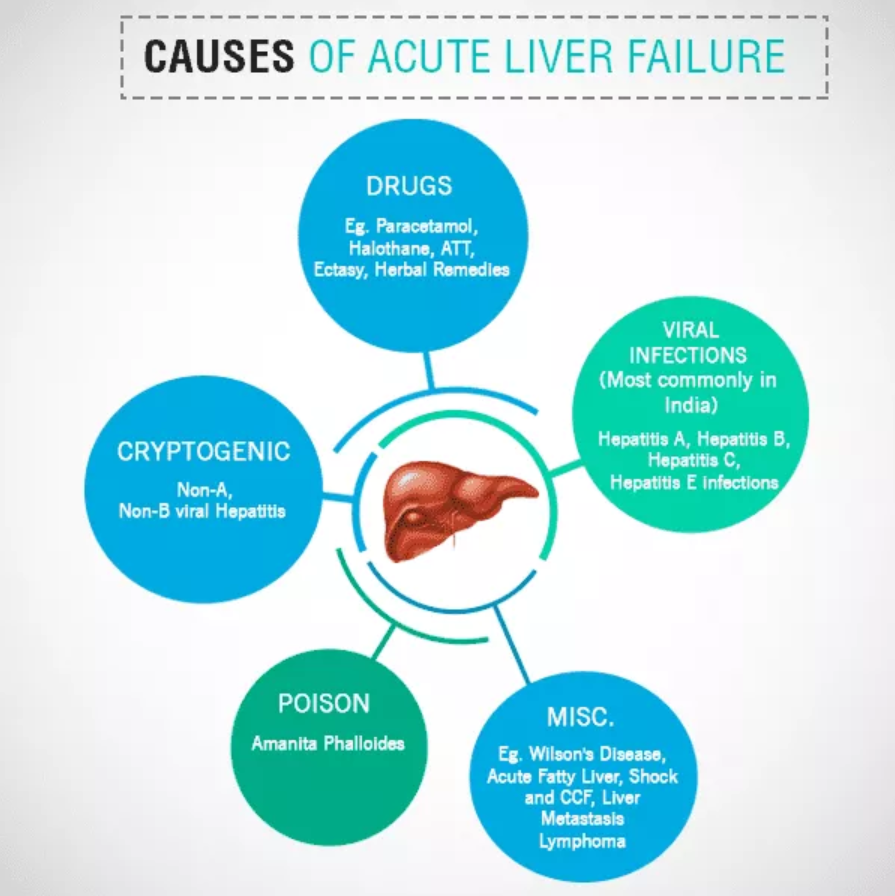
Acute Liver Failure
Acute liver failure (ALF) is a catastrophic illness in which a person with no pre-existing liver diseases suddenly develops liver failure within a short span of 2-4 weeks. This usually happens due to acute hepatitis (Hepatitis B, E or A virus). Other causes include drugs (acetaminophen, antituberculous treatment) or poisons (rat, mushroom poison). Contrary to popular belief, more than half of the patients with ALF can be saved without transplant if managed in a well-equipped unit. The primary goal in management of ALF is prevention of infection, which is very much possible at the state-of-the-art and dedicated ALF units at Fortis Hospitals. Patients who are less likely to improve on medical management require a Liver Transplant. These patients, if identified early, can be saved with a timely liver transplant. A patient can be treated if diagnosed and shifted timely to any of the well-equipped Acute Liver Failure units and Liver Transplant centers (if required).
ALF Units at Fortis Hospitals:
- Separate state of the art Acute Liver Failure Unit
- Dedicated staff, well trained in handling ALF patients
- Liver Dialysis
- Timely decision of liver transplant
- Rapid evaluation within 24-48 hours for those who require transplant
- More than 90% success rate of transplant in ALF




